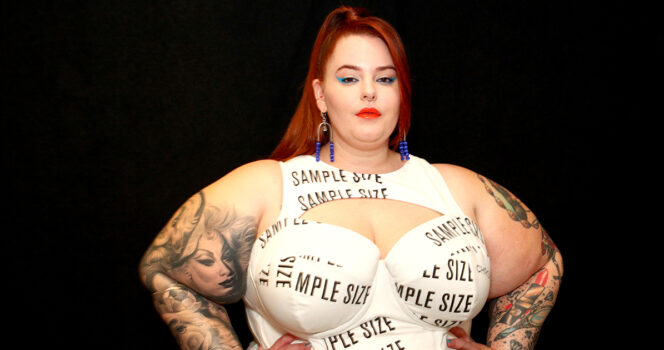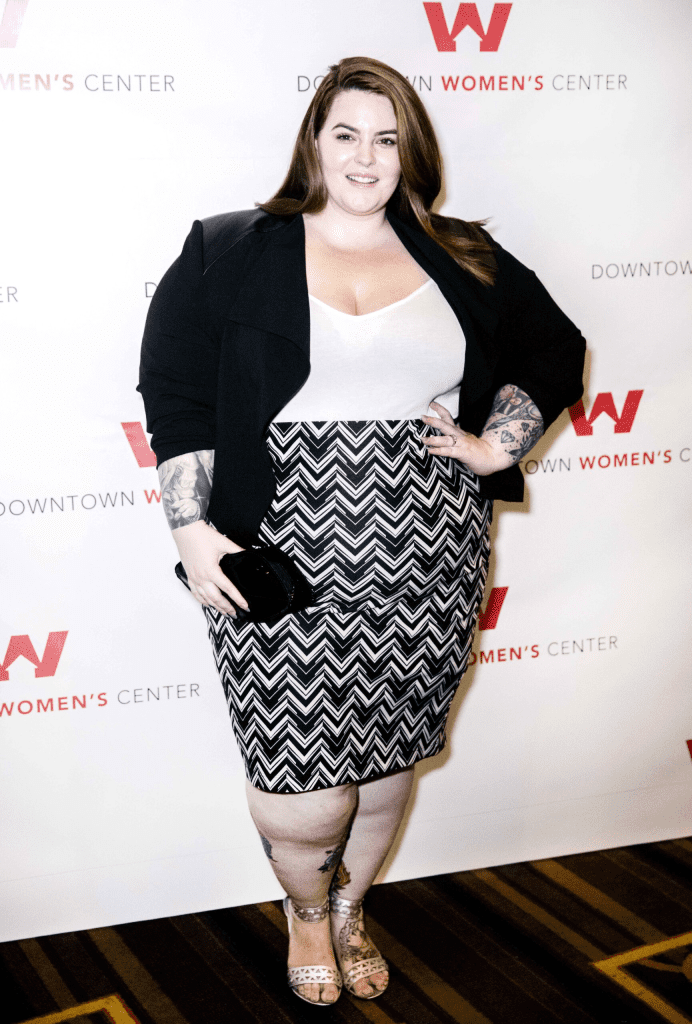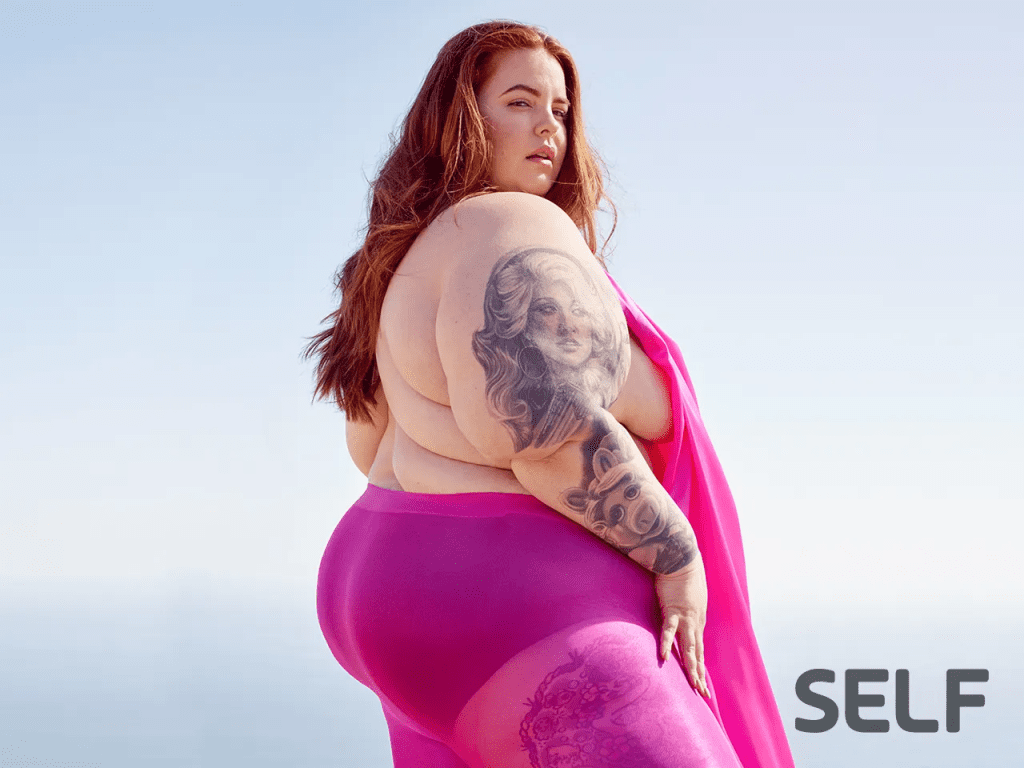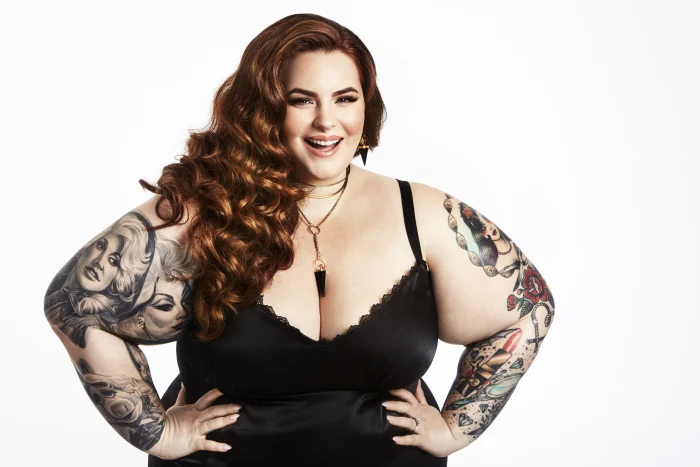Breaking Down the Power of Words and Body Positivity
In a world obsessed with picture-perfect bodies and filtered lives, plus-sized model Tess Holliday is boldly rewriting the narrative. She’s not just strutting down runways—she’s storming the gates of society’s outdated beauty standards with a clear message: you can be fat, fierce, and deserve respect. But make no mistake—Tess is drawing a line. Calling her “fat” as an insult? That’s where the conversation shifts.

Redefining What It Means to Be ‘Fat’
Here’s the thing: Tess isn’t running from the word fat. She owns it. In her own words, “I’m okay with being called fat and plus-size.” But the twist? She’s not okay with being shamed for it. That’s a key distinction we often overlook. It’s not the word itself—it’s the way it’s weaponized.
Let’s face it—language has power. When someone uses “fat” to mock or belittle, it carries the weight of every insecurity society has drilled into us since childhood. For Tess, and for millions of others, it’s not just a label—it’s a loaded term that can sting when flung with cruelty.
Video: Plus-Size Model Claims She’s Anorexic
Why Shaming Doesn’t Work (And Never Has)
You’ve probably heard critics argue that Tess “glorifies obesity” just by existing in the spotlight. She’s been dragged for posing on magazine covers, for wearing what she wants, for simply being seen. But let’s get real for a second—when has shaming ever inspired lasting change in anyone?
Tess flips that narrative on its head. She believes you can love yourself and still care about your health. These ideas aren’t opposites—they’re teammates. If someone’s goal is to feel better, emotionally or physically, starting from a place of self-hatred is like trying to swim with weights tied to your ankles. Encouragement works better than humiliation—every time.

Social Media and the Double-Edged Sword of Visibility
Thanks to platforms like Instagram and TikTok, Tess has millions of followers who admire her unapologetic presence. But that visibility also makes her a target. In the digital age, hate travels fast—faster than compassion, sadly.
Tess uses her platform not just to model clothes, but to model courage. She posts candidly about confidence, depression, and healing from the kind of public scrutiny most of us couldn’t imagine. And while trolls may try to drag her down, she keeps reminding her audience that vulnerability is strength.

Intent Matters More Than Labels
Here’s where things get really important: context. If someone calls her fat as a factual description, and it’s done with kindness or neutrality, that’s one thing. But if it’s used to degrade or dismiss, that crosses a line.
She told The Sunday Times, “I don’t understand why I’m supposed to respond to being called ‘fat’ like it’s some kind of insult.” Her words shine a spotlight on a problem too many people face—being reduced to a body type instead of being seen as a whole person.
This isn’t about being overly sensitive. It’s about being respectful. After all, wouldn’t we all prefer to be seen for who we are instead of what we look like?
Video: Model Tess Holliday on Why It’s OK to Call Herself “Fat”
Fatphobia Isn’t Just Online—it’s Everywhere
Let’s be honest: the hate Tess receives isn’t happening in a vacuum. Our culture has long been obsessed with thinness, equating it with success, health, and worthiness. And anyone who doesn’t fit the mold? They’re often treated like a problem that needs fixing.
Tess challenges that every day. She’s not asking for special treatment. She’s demanding equal dignity. Her career is a walking protest against a system that sidelines anyone who doesn’t shrink themselves to fit in—literally and figuratively.

Changing the Conversation—One Post, One Interview at a Time
The impact of Tess Holliday’s message isn’t just about her own journey. It’s about shifting how we all think and speak about bodies. Especially our own. She’s made it clear: language shapes reality. When we change how we talk, we change how we think.
So instead of tossing around “fat” like a slur, maybe it’s time we ask ourselves: why do we feel the need to tear others down to feel okay about ourselves? What would happen if we extended grace instead of judgment?
Tess isn’t waiting for permission to feel beautiful, valuable, or empowered—and neither should you.
Conclusion: This Isn’t Just About Tess—It’s About All of Us
Tess Holliday’s stand against fat-shaming is more than personal—it’s cultural. By challenging how we use words and how we view bodies, she’s pushing all of us to do better. She’s not rejecting labels like “fat” or “plus-size”—she’s reclaiming them. What she is rejecting is cruelty disguised as honesty and judgment masked as concern.
At the heart of it, this isn’t a story about weight. It’s a story about respect. And in Tess’s world, everyone deserves it—no matter their size.